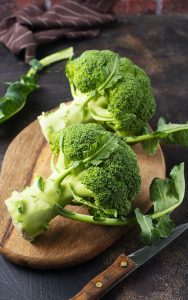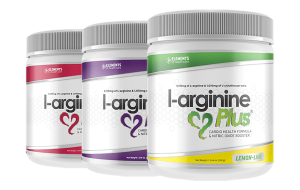You may not be getting enough nitric oxide in your system and may have to change that. Find out why we need nitric oxide.
While nitric oxide (NO) performs various functions, its primary action is vasodilation, which is when it relaxes blood vessels and improves circulation. As a result, it improves blood flow and the delivery of nutrients and oxygen throughout the body. Keep reading to find out why we need nitric oxide and how you can increase your levels.
Nitric Oxide Benefits
As mentioned, nitric oxide plays a crucial role in circulation, which helps to lower blood pressure in people with hypertension and even pregnant women with preeclampsia. In fact, a 2005 study shows that taking l-arginine supplements helped lower blood pressure in pregnant women. L-arginine is an amino acid that works as a precursor to nitric oxide; in other words, it converts into nitric oxide.
Increasing Nitric Oxide
The body naturally makes nitric oxide but certain factors like age and illness can cause NO deficiencies. To help increase your nitric oxide levels, you can eat foods that are rich in natural nitrates or you can take dietary supplements.
Food Sources
 Eating foods that enhance nitric oxide production may be sufficient – you just have to know which ones to eat. For instance, you can eat broccoli, which has 39.5 mg of nitrates per 100 g, which then converts to nitric oxide.
Eating foods that enhance nitric oxide production may be sufficient – you just have to know which ones to eat. For instance, you can eat broccoli, which has 39.5 mg of nitrates per 100 g, which then converts to nitric oxide.
Some studies also show that watermelon juice may be able to boost nitric oxide bioavailability (how well your body absorbs NO). The reason behind this is the watermelon’s l-citrulline content since l-citrulline is a precursor to l-arginine.
The food with the highest nitrate concentration of any plant that is often consumed is spinach. In fact, one single serving of spinach (about 100 g) contains anywhere between 24 to 387 mg of nitrate (depending on the growing circumstances prior to harvest).
Another type of food that helps with the bioavailability and absorption of nitric oxide is citrus fruits (oranges, lemons, limes, etc.). Pomegranate seeds and juice also play a role in maintaining nitric oxide and increasing blood nitrate levels. Lastly, seeds and nuts contain a lot of l-arginine, which helps to produce nitric oxide.
Dietary Supplements
 An efficient way of increasing your nitric oxide levels is by taking dietary supplements like L-arginine Plus. It contains l-arginine, l-citrulline, and several key vitamins and minerals that help support nitric oxide production.
An efficient way of increasing your nitric oxide levels is by taking dietary supplements like L-arginine Plus. It contains l-arginine, l-citrulline, and several key vitamins and minerals that help support nitric oxide production.
As a result, this supplement boosts circulation, blood pressure health, exercise performance, and more. If you’re ready to promote your nitric oxide levels and overall heart health, then taking L-arginine Plus may help.

